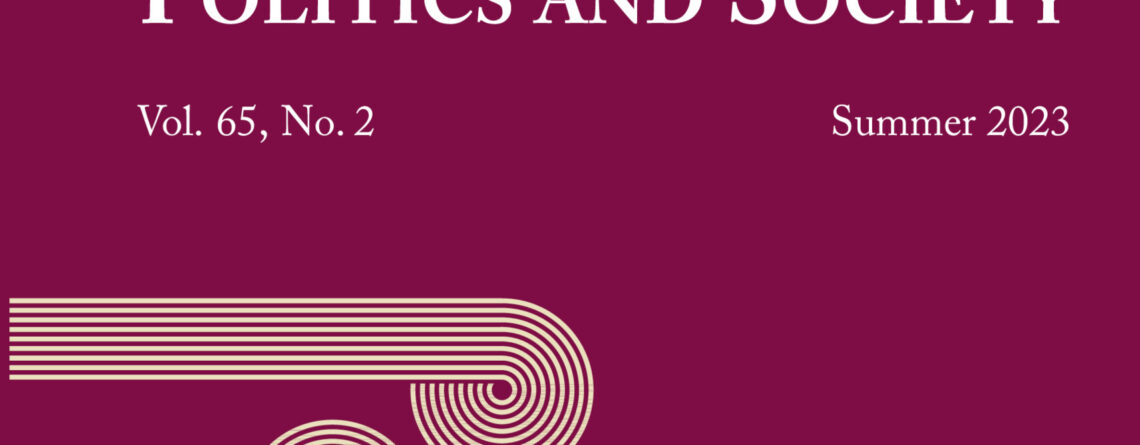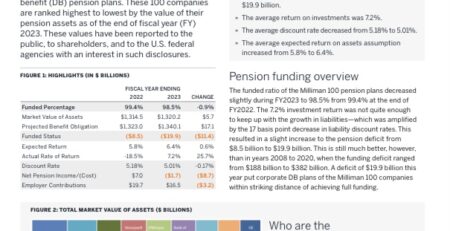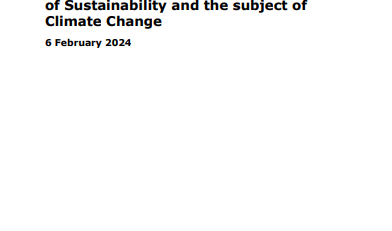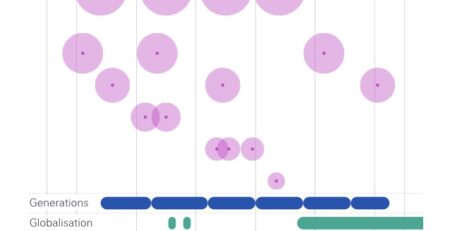Bringing Back the State: Understanding Varieties of Pension Re-reforms in Latin America
By Leandro N.Carrera & Marina Angelaki
Pension policy is a highly political issue across Latin America. Since the mid-2000s, several countries have re-reformed their pension systems with a general trend toward more state involvement, yet with significant variation. This article contends that policy legacies and the institutional political setting are key to understanding such variation. Analyzing the cases of Argentina, Bolivia, and Chile, this article shows that where a weak legacy, characterized by low coverage and savings rates, a weakly organized pension industry, and strong societal groups that oppose the private system, combines with a strong institutional setting, characterized by a government with large support in Congress and where the president concentrates decisionmaking, re-reform outcomes may lead to the outright elimination of the private pillar. Conversely, where a strong legacy combines with a weak institutional setting, re-reform outcomes will tend to maintain the private pillar and expand only the role of the public one.
Read book “here”











